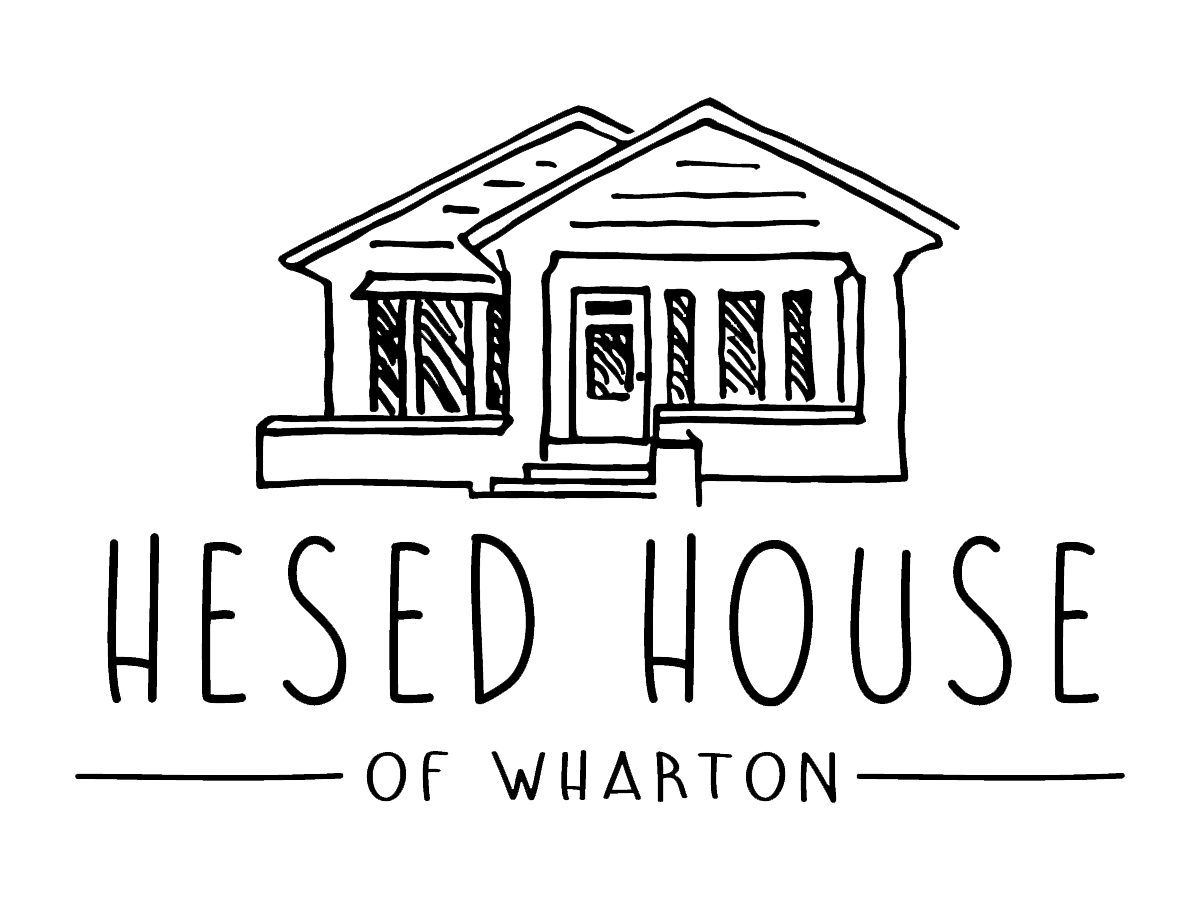Let’s Fail Less and Fail Better
This blog has been quiet for some time but let’s dust her off for another federally declared disaster, Hurricane Beryl, DR 4798.
Hesed House started preparing for this hurricane well over a year ago. In fact, we started preparing from the moment we existed as a 501c3. Every facility, system, and process we build is measured against the question: How will this make responding to the next disaster easier and better?
With every disaster, we find ourselves frustrated and despairing at how many people become experts from their keyboards. Sharing unvetted and unverified information that provides false hope, expelling energy arguing about who is most valuable or not, solar farms, wind farms, the government, fueling conspiracies and doing it from a phone or computer screen in a way that is disconnected from humanity, and wasteful of the greatest resource we have, our own ability to actually do something helpful.
I hate to spoil the ending, but friends, none of us Win. We will never Win because nature will always have the last say. I have been saying for years that these are not natural disasters. Nature is doing what nature does. WE make our own disasters: how and where we build homes and critical infrastructure, and building as a reaction to what happened in the past rather than preparing for what will surely happen in the future. We can’t predict disasters, but we can mitigate the impact of them by preparing ourselves and our systems. And when a disaster does happen again, we need to be creative critical thinkers about how we can fail less the next time.
We don’t win. We won’t ever win. We just get to fail less. In failing less, we mitigate the impact of the disaster. In mitigating the impact, we can ease suffering rather than contribute to it unnecessarily. If you are a leader during a disaster, at the best, you get to do good. At the bare minimum, you have an obligation to do no harm. There’s no place for ego, especially if is taking the place of actual knowledge. And if we have a sphere of influence, we are all leaders in some way.
Go help someone. Help the responders rather than talking about how valuable they are on facebook. Help your local nonprofits who are using valuable resources (their time and money) to support response efforts. Then check on them for the next five years when they are still helping community members recover.
Be smart. Use social media in a way that is thoughtful, controlled, and helpful. Give nature the credit she’s due for humbling us. And don’t forget the lessons we get to learn here. We can fail less and we can fail better. But when we do it together, we get a win.

